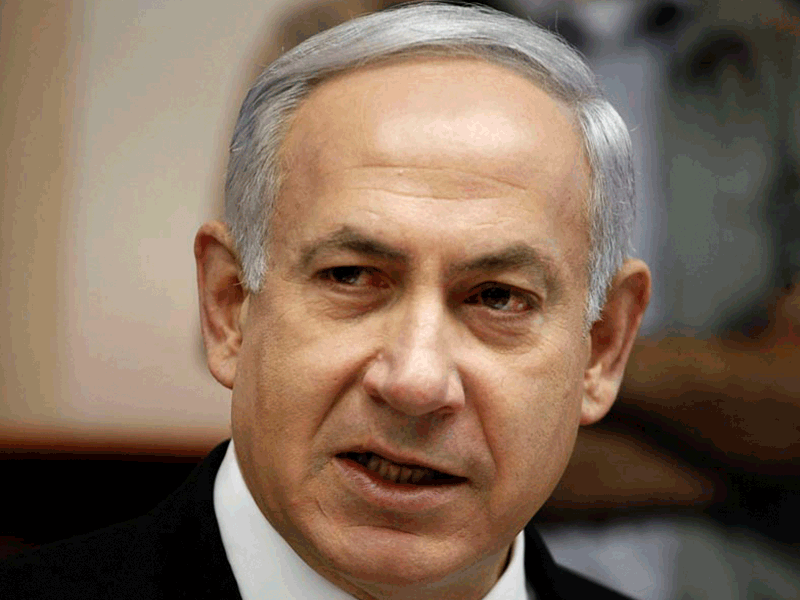After a dramatic explosion of new political parties, a relative calm appears to be prevailing in Israeli politics as voters wait for a decision by Attorney General Avichai Mandelblit on whether to indict Prime Minister Benjamin Netanyahu. The question hanging over Israeli politics right now is: what might happen if Bibi is indicted on charges that he or his wife misused public funds, received illicit gifts, failed to disclose conflicts of interest, and improperly traded regulatory favours for positive media coverage?
Many assume that indictments would wound Netanyahu. Certainly, indicting a sitting prime minister would be huge international news, and under a barrage of negative publicity, the Likud could lose support to parties like Naftali Bennett’s New Right (HaYamin HeHadash) or to centrists like former top general Benny Gantz’s new party, Israel Resilience (Ometz Yisrael).
Both Bennett and Gantz are putting themselves forward as possible coalition leaders. Of the two, Gantz is proving to be a real threat to Netanyahu. His party’s slogan, “Israel Before All,” jabs at Netanyahu’s stubborn desire to maintain power while still evoking popular nationalist sentiments. Gantz’s reliance on messaging emphasizing his military leadership has led many Israelis to express confidence that he has the ability to lead the country. Meanwhile, Bennett may not inspire the same level of approval as a possible future prime minister, but his new party is trying to appeal broadly across social sectors to those who might otherwise vote for the Likud. He could capitalize on any escalation of the Netanyahu scandal. Further, if the Likud loses support to both the New Right and Gantz, Likud MKs could force Netanyahu to relinquish the party’s leadership to salvage its standing in the polls.
However, polls suggest that Netanyahu still enjoys the support of most of his core supporters, and few other members of the Likud enjoy either the popularity or the prestige to be an obvious alternative party leader. Which is why, although counter-intuitive, we can imagine a scenario where the indictments actually buoy Netanyahu.
The prime minister, in all likelihood, would continue to paint the investigation as a political hit engineered by opponents on the left, biased investigators, or journalists with a personal or ideological agenda. (In the past two weeks, Netanyahu has aggressively attacked both investigators and journalists reporting details of his alleged crimes, even going so far as to put up official campaign billboards criticizing four political journalists with the tagline, “they will not decide [the election]. You will decide.”) By casting his leadership as being under threat, Netanyahu could increase his standing at the polls at the expense of other parties on the right.
READ: RENAN LEVINE ON THE ISRAELI ELECTION: ISRAEL’S CENTRE OF GRAVITY HAS SHIFTED TO THE RIGHT
Most Israelis are responding to news of the investigation consistent with their partisan views. If voters liked Netanyahu before, they generally still approve of him. If voters disliked Netanyahu, nothing has transpired to make them change their minds. After so many months of damning headlines about the investigation, these dynamics seem unlikely to change absent the emergence of some shocking new details.
Indeed, few observers were surprised when a small poll released this week by Army Radio estimated that indictments would cause the Likud to lose a mere four seats, half to parties in the centre. These projected losses are so small that they may even be an artifact of the survey sample. The loss of a measly four seats would concern some Likud backbenchers, but might not damage the party’s leverage in coalition negotiations nor be sufficient to inspire an intra-party revolt. At this point, the only threat to Netanyahu looks to be from Gantz and Bennett, but both will need to capitalize on issues other than Netanyahu’s alleged crimes and indiscretions if they hope to make gains with Israeli voters.
